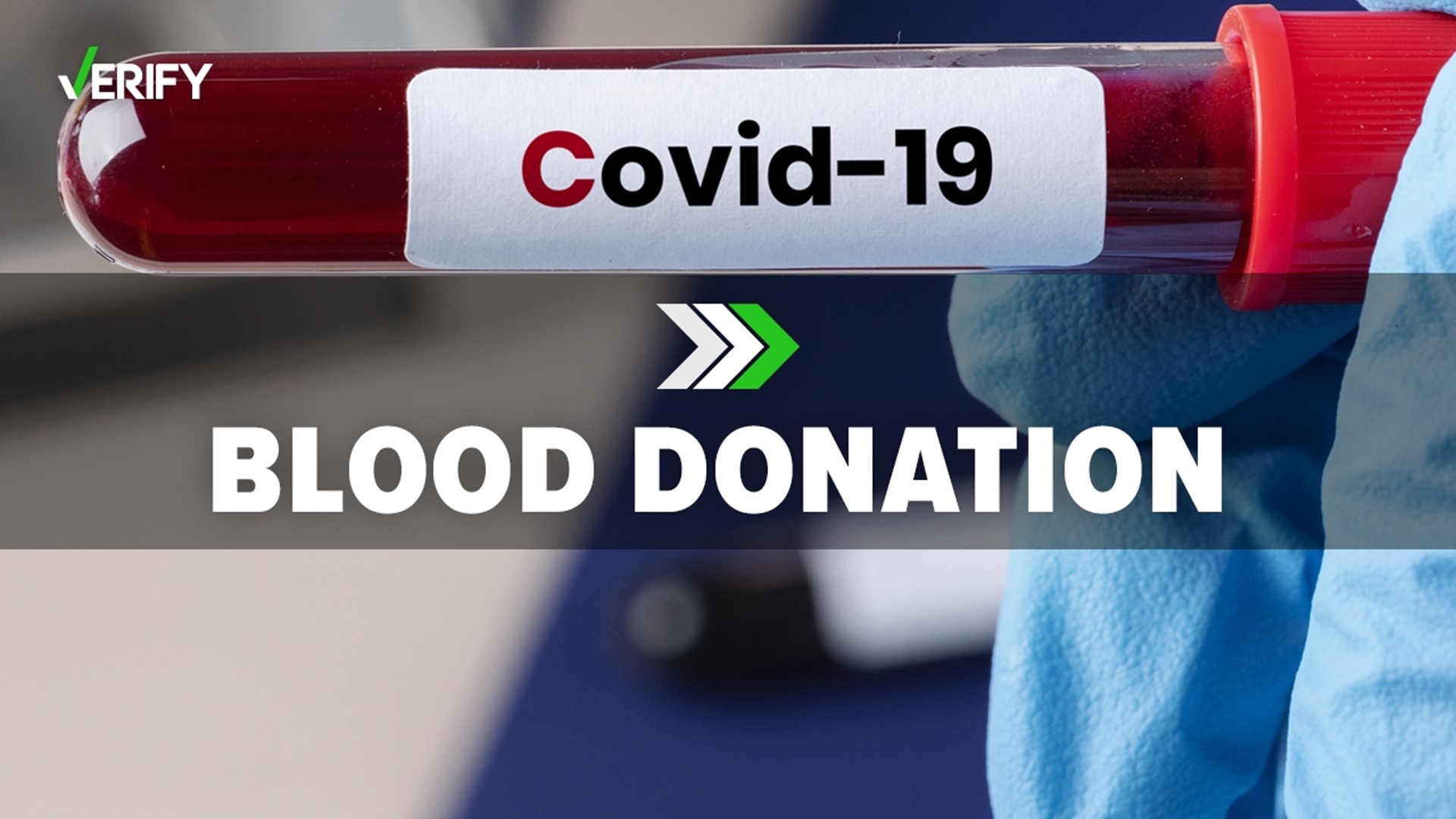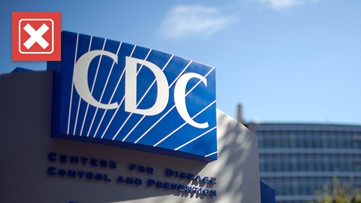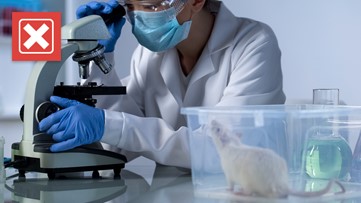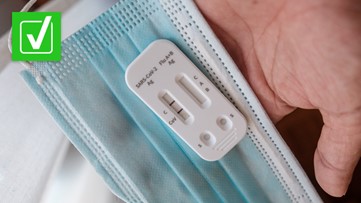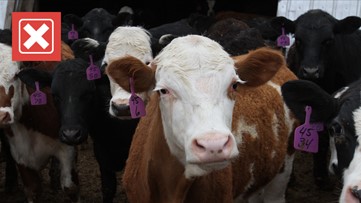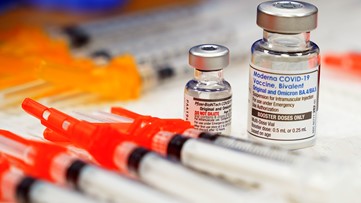For over 50 years, January has marked National Blood Donor Month in the United States. This year, national blood donation organizations are urging healthy Americans to donate blood because the nation’s blood supply “remains at one of its lowest levels in recent years,” according to a statement issued on Jan. 10.
A day after the statement was released, the American Red Cross declared its first-ever blood crisis, stating the organization is experiencing its “worst blood shortage in over a decade.” The Red Cross says the shortage is largely due to challenges faced amid the coronavirus pandemic, including the recent surge of COVID-19 cases.
Amid the shortage, several VERIFY viewers are wondering if it’s safe for them to donate blood regardless of their current COVID-19 vaccination status.
THE QUESTION
Do you have to be vaccinated against COVID-19 in order to donate blood?
THE SOURCES
- U.S. Food and Drug Administration (FDA)
- Association for the Advancement of Blood and Biotherapies (AABB)
- American Red Cross
- Kate Fry, CEO of America’s Blood Centers
- Dr. Anahita Dua, vascular surgeon at Massachusetts General Hospital and assistant professor of surgery at Harvard Medical School
THE ANSWER
No, you don’t have to be vaccinated against COVID-19 in order to donate blood.
WHAT WE FOUND
It’s safe for vaccinated and unvaccinated people to donate blood as long as they are “symptom-free and feeling well at the time of donation,” according to the American Red Cross and America’s Blood Centers.
“Vaccination status in and of itself is currently not part of deciding whether or not someone can donate blood,” Dr. Anahita Dua, a vascular surgeon at Massachusetts General Hospital, told VERIFY.
But people who have tested positive for COVID-19 may be asked to wait an additional 10 days after all of their symptoms are gone before donating blood, regardless of their vaccination status, said Kate Fry, who serves as the CEO of America’s Blood Centers.
“If you're feeling unwell for any reason, whether it be that you think you have COVID symptoms or you have the flu or anything else, we would ask you to refrain from donating blood until those symptoms are gone,” said Fry.
While your vaccination status doesn't matter, who made your vaccine could affect when you're allowed to donate. The Red Cross asks that potential donors provide the name of their vaccine manufacturer when making a donation. They're also encouraged to bring their vaccination card with them. While there are no deferral times for people who received an inactivated or RNA-based COVID-19 vaccine, like those manufactured by Johnson & Johnson, Moderna and Pfizer, the Red Cross says individuals who received a live attenuated COVID-19 vaccine or do not know what type of COVID-19 vaccine they received must wait two weeks before donating blood. Currently, there are no live attenuated COVID-19 vaccines approved for use in the U.S.
The American Red Cross and America’s Blood Centers have also established safety measures to prevent the spread of COVID-19 at blood centers and donation drives nationwide, including social distancing, routinely disinfecting surfaces and providing hand sanitizer to donors, volunteers and medical staff.
“Blood donation remains a very safe activity for people to do,” said Fry. “Blood centers are practicing social distancing. They are practicing increased infection control within the blood center. They're limiting the number of people that might be on a mobile bus at any one given time. So it remains a very safe thing that we encourage people to do.”
